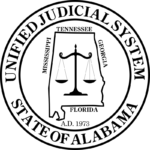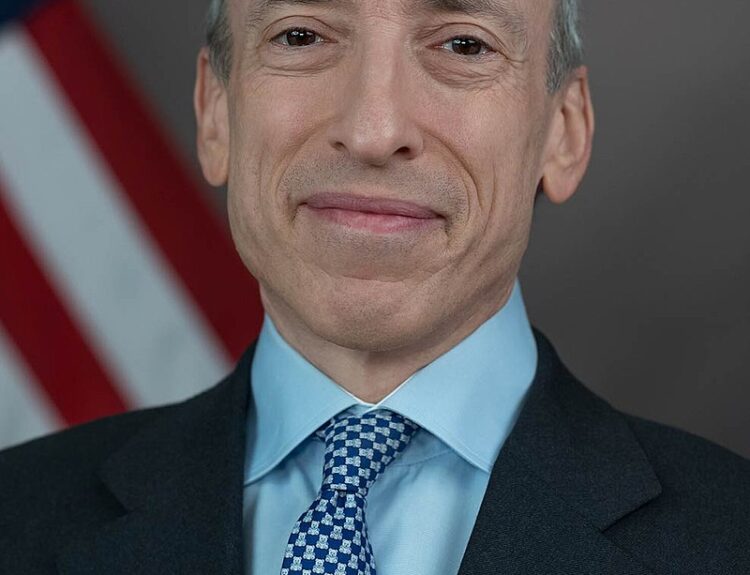Reports of Russian nuclear space weapon raise questions
- Reports of a planned Russian nuclear space weapon raise concerns
- Calls for a new Outer Space Treaty
- Challenges in gaining international support for a new treaty
- Limited options for punishment in case of treaty violation
- Treaties depend on successful enforcement mechanisms
- Rapid technological advances and geopolitical developments can disrupt agreements
- Race for resources and strategic orbits in outer space
- Questions about international cooperation and the militarization of Earth orbit
Reports of a planned Russian nuclear space weapon have sparked concerns about the militarization of Earth’s orbit and have led to discussions about the need for a new Outer Space Treaty. The current treaty, signed by 114 countries, was created in response to the development of intercontinental ballistic missiles but does not address the new spacecraft and weapon capabilities that can threaten satellites and launch attacks from space. However, gaining international support for a new treaty may be challenging, given credibility issues and geopolitical tensions. Additionally, there are limited options for punishment in case of treaty violation, and treaties depend on successful enforcement mechanisms. The race for resources and strategic orbits in outer space further complicates the need for international cooperation and raises questions about the militarization of Earth orbit. Whether a new Outer Space Treaty is a real possibility remains to be seen.
Factuality Level: 8
Factuality Justification: The article provides a detailed overview of the reported Russian nuclear space weapon and its implications, including discussions about the Outer Space Treaty, expert opinions, historical context, and potential consequences. The information is well-researched and presents various perspectives on the topic without significant bias or inaccuracies.
Noise Level: 3
Noise Justification: The article provides a detailed analysis of the concerns surrounding the reported Russian nuclear space weapon and its implications on international agreements and cooperation. It explores the history of arms control in outer space, the challenges of enforcing treaties, and the potential consequences of violations. The article also discusses the evolving technological landscape and the implications for the militarization of Earth’s orbit. Overall, the article stays on topic, supports its claims with expert opinions and historical examples, and offers insights into the complexities of space governance.
Financial Relevance: No
Financial Markets Impacted: No
Presence Of Extreme Event: No
Nature Of Extreme Event: No
Impact Rating Of The Extreme Event: No
Rating Justification: The article does not pertain to financial topics and does not describe any extreme events.
Private Companies: SpaceX
Key People: Mike Turner (U.S. House Intelligence Committee chair (R-Ohio)), John F. Kirby (White House National Security Communications Advisor), Sharon Squassoni (George Washington University professor of international affairs), Ron Doel (Florida State University Associate Professor of History), Bill Nelson (NASA administrator)
 www.space.com
www.space.com 





